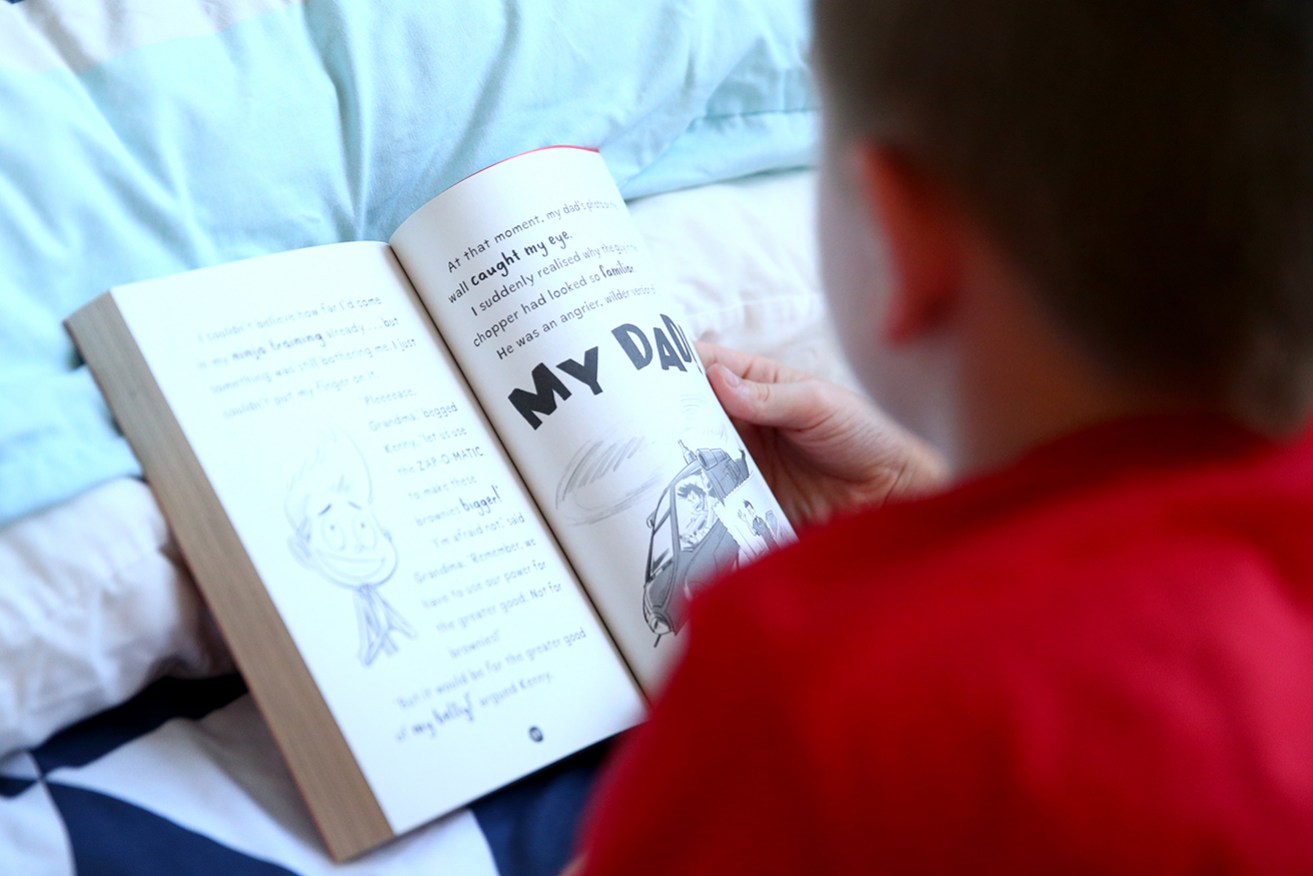Grattan Institute report calls for ‘reading revolution’


Grattan Institute reports that up to one in three school students do not read well. Photo: Getty
About one-third of Australia’s four million school students cannot read proficiently, but the “preventable tragedy” can be solved.
That’s the view of Grattan Institute’s latest report, The Reading Guarantee: How to give every child the best chance of success, which reveals the cost to those students and the economy amounts to $40 billion over their lifetimes.
Expressed simply, this problem translates to eight students in a typical Australian school classroom of 24 students being unable to read well.
“Students who struggle with reading are more likely to fall behind their classmates, become disruptive, and drop out of school. They are more likely to end up unemployed or in poorly paid jobs,” lead author Dr Jordana Hunter said.
“Australia needs a reading revolution. We need to transform the way we teach reading in school, so that every Australian child gets their best chance in life.”
Hunter, who wrote the report with Anika Stobart and Amy Haywood, said a key cause of the nation’s reading problem was decades of disagreement about how to teach reading.
The report calls for the ‘whole-language’ approach, which became popular in the 1970s and is based on the idea that learning to read is a natural, unconscious process, should be banished from schools as it does not work for all students.
Instead, the authors advocate that all schools use the ‘structured literacy’ approach, which includes a focus on phonics in the early years and an ultimate goal of comprehension.
The report calls on governments, together with Catholic and independent school sector leaders, to commit to a six-step ‘Reading Guarantee’ over 10 years.
- A pledge that at least 90 per cent of students will become proficient readers
- Give principals and teachers specific guidelines on how to teach reading in line with best practice evidence
- Provide schools with high-quality curriculum materials and assessments that teachers need to teach reading well
- Require schools to do universal screening of reading skills and help struggling students to catch up
- Ensure teachers have the knowledge and skills they need, through extra training, and by appointing literacy instructional specialists in schools
- Mandate a nationally consistent Year 1 Phonics Screening Check, and regularly review schools’ and principals’ performance on teaching their students to read.
In response, Education Minister Jason Clare told the ABC said the science on teaching reading had been settled and that mandating teaching styles will be mandated in the school funding agreement.
“The reading wars are over. We know what works. The current National School Reform Agreement doesn’t include the sort of targets or reforms to move the needle here,” Clare said.
“The new agreement we strike this year needs to properly fund schools and tie that funding to the sort of things that work. The sort of things that will help children keep up, catch up and finish school.”








